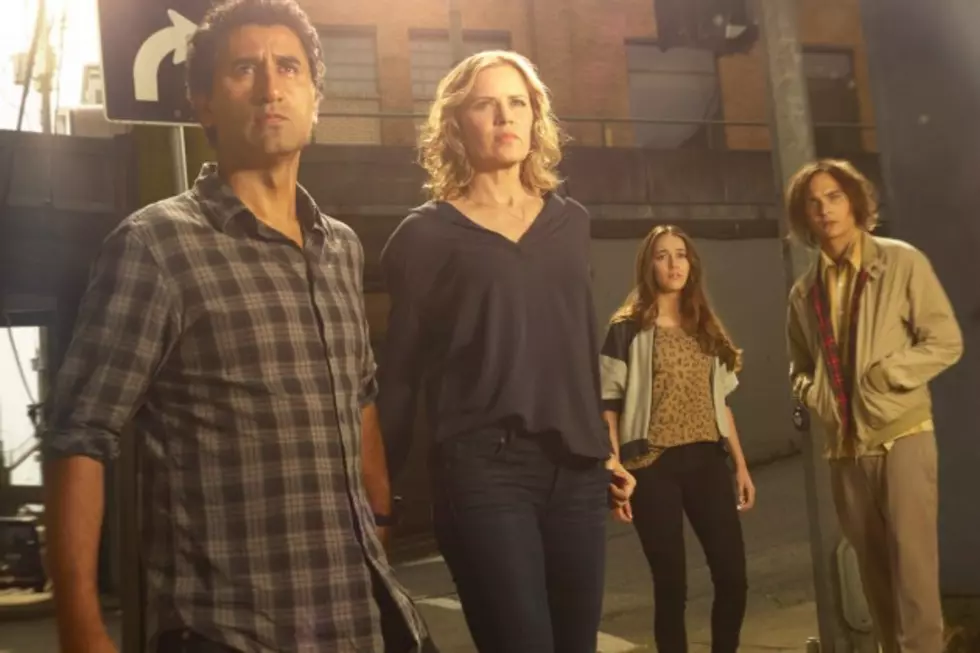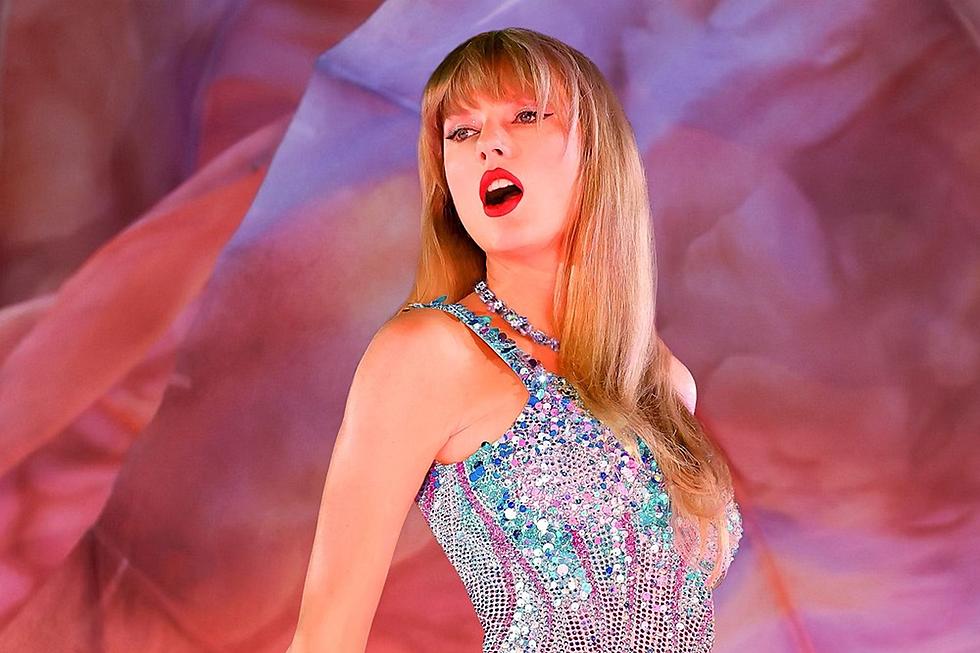
Review: Tense and Terrifying ‘Fear The Walking Dead’ Is a Worthy Companion to the Original Series
Let’s wind the clocks back a year (or two, in this case). Breaking Bad prepared to send Heisenberg to his untimely end (at least until Better Call Saul), while AMC drew out the final run of Mad Men an additional year, and the abject failure of Low Winter Sun (seriously, remember that?) left the network’s once-healthy growth cannibalizing its own innards for marketable programming. Appropriately, and all within the span of a few weeks, The Walking Dead became the next major property to split in two.
To say nothing of Better Call Saul (or contest its recent Emmy nominations), the prequel spinoff can’t help lacking some of the creative freedom inherent to its predecessor, a problem Walking Dead fans would understandably suspect of its impending “companion series” as well. Zombies are zombies, and whether you pick up with an Atlanta sheriff emerging from his coma after civilization’s fall, or Angelenos just awakening to something amiss, it would seem inevitable that Fear The Walking Dead simply evolves into its parent at a slightly reduced rate.
Promotional campaigning hasn’t done the series many favors either, posters and key art essentially boiling down to “Look! Serene setting normal, like world now! Then zombie? FEAR Show.”
As you may already have read, AMC released two of the inaugural six hours to critics, an odd choice of duration given the already-ordered second season of 15 episodes, and the nature of the story overall. It doesn’t take particularly long for glimpses of our first undead or a creeping sense of mass panic, an ebb and flow of tension that can be difficult to balance with all the character work necessary between the two core families. Still, it’s exactly that elusive threat that makes Fear The Walking Dead punishingly tense, and a chilling next chapter of horror filmmaking.
‘Fear the Walking Dead’ opens up new avenues of menace ‘The Walking Dead’ could never have explored.
For the most part, Fear the Walking Dead aims to pick up something the mothership lost along the way, specifically an existential horror behind all the gore. On its own, The Walking Dead emerged as creator Robert Kirkman’s answer to questions of life after the garden variety zombie flick’s runtime, where Fear addresses the other unexplored side of the equation; the rarely-seen collapse of civilization in the first place. It’s one thing to watch individual characters forge themselves (or more often than not, die trying) in a brutal new world, it’s another to see the individual layers of shock and paranoia peeling away at our comfortable lives. The Walking Dead itself forsook true horror early on in creating a sort of serene, melancholy focus, while Fear tends to embrace a much purer panic.
The truncated narrative does take something of a toll on individual character work, early scenes ascribing an orgy of evidence for Travis (Cliff Curtis) and Madison (Kim Dickens)’ mutually-dysfunctional family unit. Both the adults offer capable, gentler leads, not quite so adept at command as Rick Grimes, but knowledgeable and compassionate in ways the mothership took much longer to reveal, given all the stop-and-start carnage.
The children prove a bit more difficult to unlock, The 100 star Alycia Debnam-Carey mostly rolling her eyes through early scenes, while Frank Dillane’s Nick garners a much more robust (and impressively physical) take on a junkie struggling to come to grips with the decaying reality of the world around them, as well as within. Others youthful roles will likely grate on viewers in much the way Carl once did, either irrationally ignoring parents, or worse, proving inexplicably omniscient of the looming apocalypse.
Still, where Fear The Walking Dead admirably succeeds is the emphasis on paranoia, in the (for now) absence of walkers. We’ll see our share of dead, but atop the quieter horror sequences, Adam Davidson’s direction smartly lingers on the unspoken horror, whether human subjects menacingly turned away from the camera, or subtle implications of something deeper at work behind the scenes. Certain characters cryptically seem to know more than they let on, while authority figures rush to act in manners uncharacteristic of the uniformed, or worse, deny any cause for alarm. Even aside its topically relevant distrust of police and other authority, or the all-too-familiar ins and outs of communication in a crisis, that paranoia opens up new avenues of menace The Walking Dead could never have explored in its advanced timeframe.
The question lingers as to how AMC’s “companion series” can chart new narrative territory after its first season, but if Fear leaves the expendable hordes to The Walking Dead, and concentrates on the psychology of its namesake, we may yet have a worthy companion after all.
AND ANOTHER THING…
- Whether by shared tropes or intentional homages, expect a few images indicative of familiar zombie cinema, everything from 28 Days Later to the original Resident Evil game.
- Kirkman and others have said on multiple occasions that Fear won’t clarify the origins of the zombie apocalypse either, though be on the lookout for some True Detective-level conspiracy theorism after the premiere. At least some of it has to be intentional.
- The Walking Dead never quite specified a year of origin, even if we presume a few years have passed since Rick first woke up. Still, I might question some of Fear’s cell phone and tablet usage, if we’re to believe ourselves back in 2010.
Fear The Walking Dead will shamble out its 90-minute premiere on Sunday, August 23 on AMC. The Walking Dead proper will return on October 11, for which we've agonizingly broken down the full first trailer.
Check Out 100 TV Facts You May Not Know!
More From ScreenCrush









